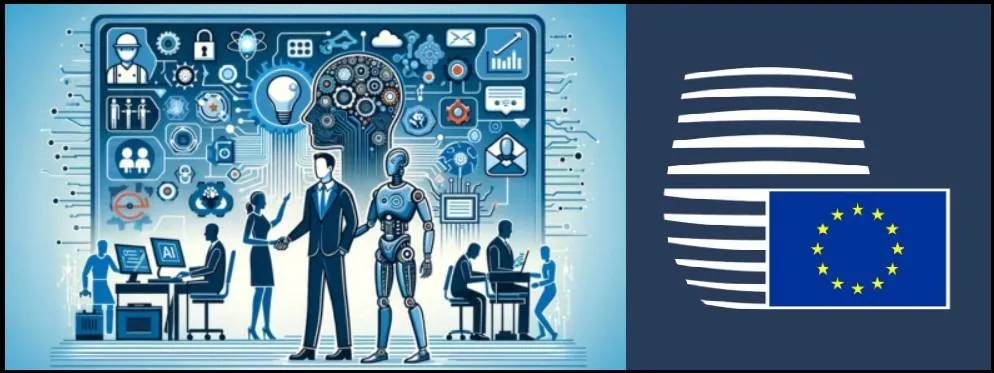The European Central Bank cuts interest rates after eurozone growth stalls
Frankfurt, January 31 (Hibya) - The central bank lowered interest rates by a quarter percentage point to 2.75%, in line with expectations, following a series of bad news indicating that the largest economies in the bloc, France and Germany, were experiencing a slowdown in economic growth.
ECB President Christine Lagarde stated that the five rate cuts since last June, from a peak of 4%, were consistent with the bank's goal of achieving an inflation rate close to 2% in the medium term.
However, she warned that "headwinds" meant the economy would remain "weak in the near term" and added that "consumer confidence remains fragile."
The central bank noted that inflation remains high in many eurozone economies because "wages and prices in some sectors are still adjusting to past inflation increases with a significant delay."
While the adjustment is taking longer than expected, inflation has eased in line with ECB forecasts.
Thursday's rate cut followed the U.S. Federal Reserve's decision the previous day to keep interest rates at their current range of 4.25%-4.5%, in response to data showing strong U.S. economic performance, which raised fears of rising prices.
The latest official eurozone data showed that the bloc’s economy did not grow in the last three months of the previous year. According to one estimate, growth in the fourth quarter of 2024 was limited due to a 0.2% contraction in Germany. The French economy shrank by 0.1%, while the Italian economy recorded zero growth.
Financial markets expect the ECB to continue cutting rates, with an additional one percentage point reduction expected for the remainder of the year.
Lagarde said that global economic risks "remain downward" and warned that increasing geopolitical tensions could drive up supply chain costs, leading to inflation.
She also noted that "more frictions in global trade will make the eurozone’s inflation outlook more uncertain," a statement seen as a reference to Donald Trump’s threat to impose tariffs on all U.S. imports.
Lagarde stated that lower interest rates had revived the European mortgage market, but commercial lending remained low, and consumer spending was stagnant despite continued wage growth, which helps to lower inflation.
In its report on Thursday, the ECB noted that uncertainty about the eurozone and volatile global markets were prompting both businesses and consumers to tighten their spending. Meanwhile, wage growth remains moderate, and many companies are absorbing additional costs rather than passing them on to consumers, helping to reduce inflation.
Carsten Brzeski, ING's head of global macroeconomics, said that eurozone economic growth was "stagnant" and that the interest rate cut was justified.
Brzeski stressed that the ECB needed to take further steps to reverse the negative trend. "A deposit rate of 2.75% is still restrictive – too high for the current weak state of the eurozone economy," he said.
He also noted that the recent rise in global interest rates had increased borrowing costs for eurozone governments, putting pressure on public spending and limiting growth.
"Even if some argue that monetary policy can do little to solve structural problems, political instability and uncertainty in many countries will force the ECB to continue its strong actions," he added.
Mark Wall, Deutsche Bank’s chief European economist, said that the ECB underestimated the weakness of the eurozone economy and the need to quickly reduce borrowing costs to boost spending.
"There is no real reason to believe that the ECB will not continue lowering rates. We expect them to drop at least to a neutral level (between 2% and 2.5%) and possibly below that by the end of the year," he said.
British News Agency


















